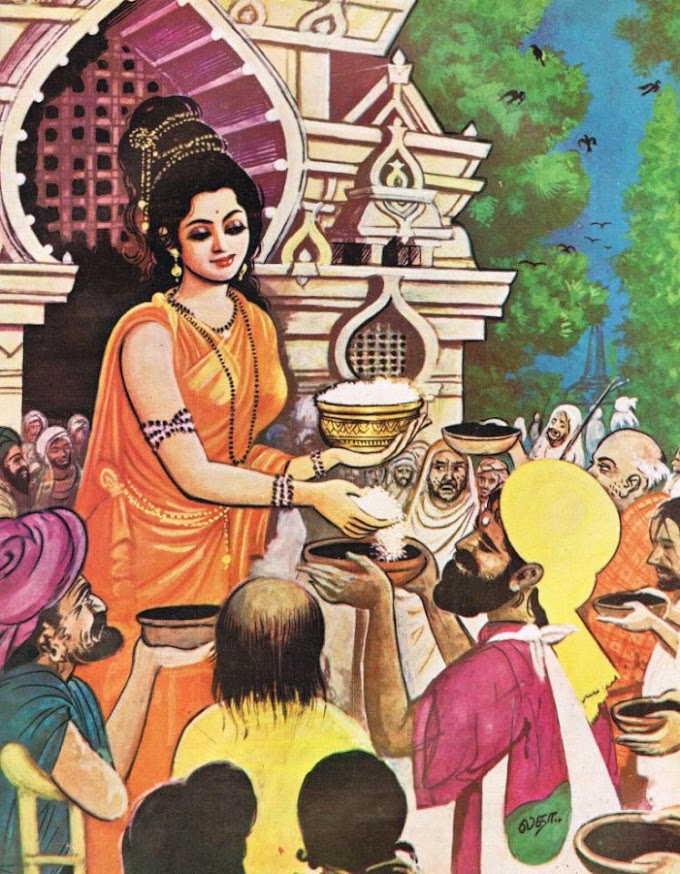Janibek Khan, son of Barak Khan who was a direct male descendant of Jochi (elder son of Chinggis Khan) through his youngest son Tuqa-Timur and also a Khan of Golden Horde between 1423 and 1429, was a Turco-Mongol leader who co-founded the Kazakh Khanate around 1459.
The Kazakh Khanate went to rule modern region of Kazhakstan from 15th century to 19th century. The ruling house of the Khanate was called as Tore clan which have members survived to this day. Recently, thanks to interest in finding the Y haplogroup of Chinggis Khan, geneticist have analyzed the paternal lineages of the Tore clan members.
The FamilyTreeDNA project collected around 18 samples from members of the Tore clan, identifying the haplogroup C-FGC28850 with a TMRCA (Time to Most Recent Common Ancestor) dating to approximately 1450. It is important to note that not all members of the Tore clan carry this lineage, which is a common occurrence in genealogical studies. For example, some descendants of the Rurikids have clearly falsified their genealogies. Zhur et al. (2024) reported some modern individuals claiming Rurikid descent who belong to haplogroups R1a and I2a, despite the actual Rurikid lineage being N1a-Y10931.
Mongol leader Jochi Khan (d.1225 AD) whose male-line descend Janibek Khan (d.1480) was the progenitor of Tore
Why the presence of C-FGC28850 among Central Asian Kazakhs is interesting ?
The paternal lineage C-FGC28850 is downstream of C-F3830 which is itself downstream to C-1756. The line C-F3830 is associated with proto-Mongol groups like larger Xianbei confederation, Rouran, Shiwei and others. Recently, Chinese geneticist sequenced the whole genome and Y haplogroup of Emperor Wu of Northern Zhou (r. 560 - 578 ) whose name is Yuwen Yong belonging to Xianbei group called Yuwen. The emperor belonged to a lineage downstream to C-F3830 (Du et. al. 2024). There are also many Xianbei people , including a minister from Sui dynasty who belonged to famous Touba clan, whose Y haplogroup is published which all belonging to same C-F3830 or al least confirmed at F1756 level.
There is no doubt that C-F1756 > C-F3830 was an important and dominant lineage among early Mongolic groups like Rouran, Xianbei, Avars and others. C-F1756 presently, however, is minority among the people who have Mongolic ancestry. The Chinese private ancestry testing company 23mofang estimates this line makes around 3.75 % of Mongols living in China while it makes around 2.1 % among modern Kazakhs from Kazakhstan (Ashirbekov et. al. 2023) and most of it belongs to Tore clan alone.
If we remove Tore clan members with C-F3830 then proportion of C-F3830 among Kazakhs is very less. We can infer this from FamilyTreeDNA entries under C-F1756 where most of Kazakh entries falls under one younger sub-clade FGC28850.
The FTDNA have 27 Kazakh samples belonging downstream of F1756, of which 21 samples falls under Mongolic F3830, of which 18 samples belongs to FGC28850. In other words, 85% of F3830 and 65% of F1756 belongs to FGC28850.
The line C-FGC28850, aka Tore cluster , forms a star-like cluster whose common ancestor lived around 1450 as per FamilyTreeDNA
The interesting part is how this early proto-Mongol line C-F3830 found its way into one Kazakh clan in large numbers despite it being overall an extremely rare lineage among Central Asians Kazakhs and Turks as well as among Mongols today.
https://www.familytreedna.com/public/alash/default.aspx?section=yresults
https://www.familytreedna.com/public/RussianNobilityDNA/default.aspx?section=yresults
https://discover.familytreedna.com/y-dna/C-FGC28850/classic
The 1450 CE TMRCA given by FTDNA is very much consistent with time Janibeg Khan lived who was the progenitor of the Tore dynasty. Therefore, I propose this lineage must be have belonged to Janibeg Khan if not Jochi himself (Certainly not up to Chinggis himself since there are doubts on Jochi's paternity)
🇰🇿 New remarkable Kazakh sample Aktobe, in west Kazakhstan.
— Marwan (@PhilistiaForeva) July 27, 2024
It belongs to one of Genghis Khan’s descendants, namely from his first son Jochi.
Y-DNA: C-F1756
He hails from the Bukey Horde (separate Kazakh autonomy) in the Russian Empire, they are from clan/dynasty Töre. pic.twitter.com/3E7CrTkazd
Reference :
Zhur et. al. 2024 , The Rurikids: The First Experience of Reconstructing the Genetic Portrait of the Ruling Family of Medieval Rus’ Based on Paleogenomic Data
Du et. al. 2024, Ancient genome of the Chinese Emperor Wu of Northern Zhou
Ashirbekov et. al. 2023, Genetic polymorphism of Y-chromosome in Kazakh populations from Southern Kazakhstan


0 Comments